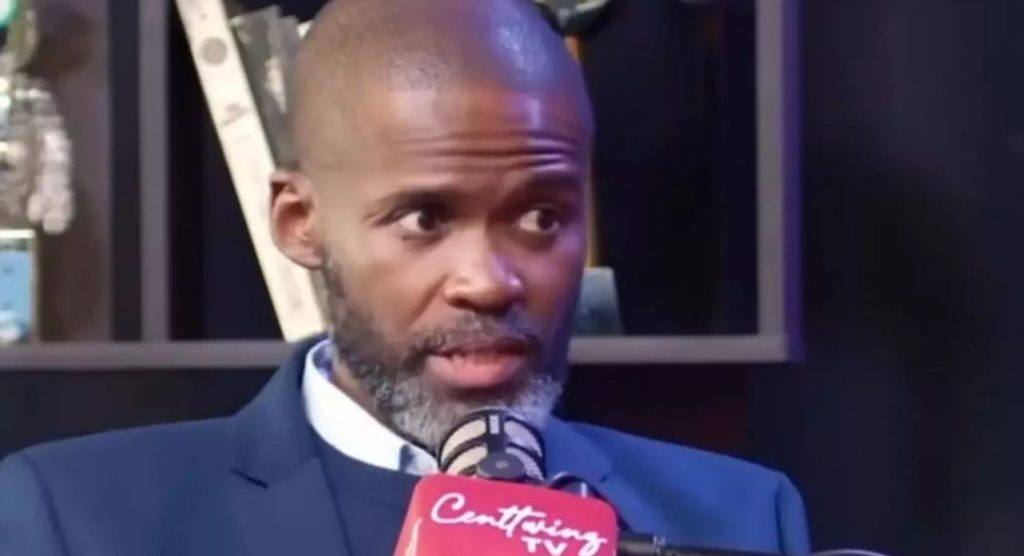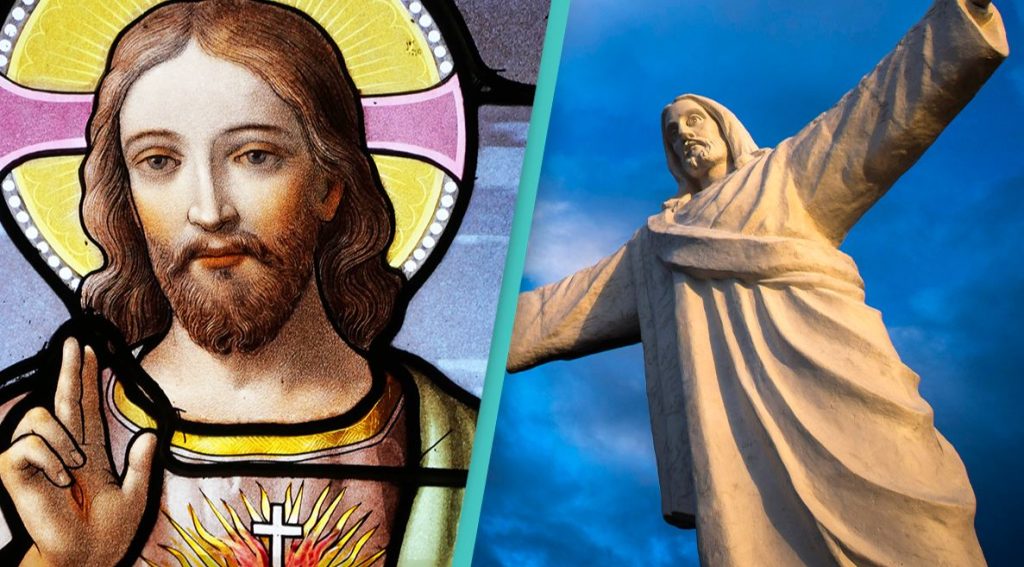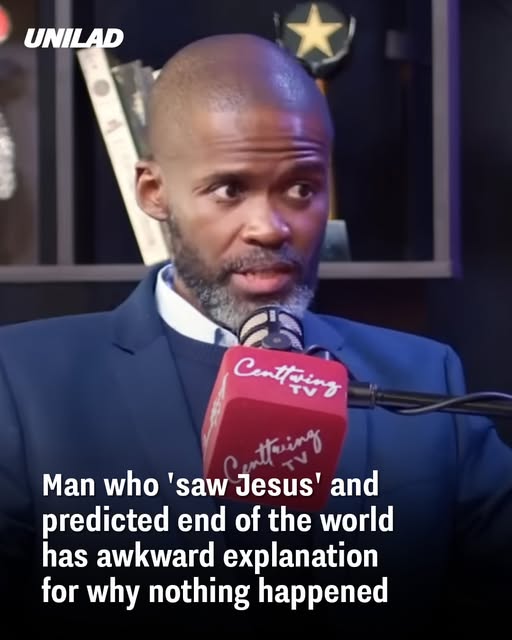South African preacher Joshua Mhlakela garnered attention after boldly claiming that God had revealed to him the precise dates when the rapture would occur. According to his prediction, the world would see the end between September 23 and 24, aligning with the Jewish new year, Rosh Hashanah. He reassured followers that the Earth would shake, and that God would “rescue” Christians from the world. Many believers reportedly took these claims seriously—some quit their jobs, others sold property, including homes and cars, in preparation for what they thought was imminent.
However, the predicted event never materialized. When Tuesday came and went without the promised ascension, the backlash was inevitable—and the preacher was left scrambling for an explanation.
The Moment the Clock Struck Midnight
Mhlakela had arranged a livestream of the prophesied event. As midnight approached, he and six others appeared on camera, praying and raising their arms, seemingly waiting for the supernatural to unfold. But when the clock struck twelve, nothing happened. Viewers watched in real time as the moment passed without the slightest sign of a rapture. Growing unsettled, Mhlakela paused the livestream and asked his audience whether they should “take a break.” He then insisted that people keep the faith and wait further. At 12:18 a.m., he attempted to reassure followers, saying that although the event had not yet occurred, God may act on one of the two days he had predicted—and that “the Lord knows.” As the minutes passed and the crowd drifted from the livestream, Mhlakela remained, staring at the camera in unease.

The Aftermath: Disappointment and Defense
The failure of the prediction left many disgruntled and feeling misled. Social media was rife with skepticism and ridicule. Some people expressed regret for monetary or life changes they had made in anticipation. Yet, Mhlakela refused to apologize. Instead, he reaffirmed his belief that he had truly received divine instruction. He pointed out that God commanded him through a dream to host the event live. He asked his audience to be patient, to “keep waiting” on him, and to maintain faith in the promise—even after it had failed to manifest.
Why People Believe Apocalyptic Claims
Why do such predictions attract followers even in modern times? Psychotherapist Tina Chummun offered insight: humans tend to seek certainty during periods of stress or unpredictability. In uncertain times, the mind is drawn to clear narratives—promises of salvation or control—which help alleviate existential tension. Enhanced amygdala activity under stress makes some individuals more susceptible to black-and-white belief systems, she explained. She added that people often anchor themselves to figures who claim divine knowledge or revelation, even without much evidence of credibility or accuracy.

Conclusion
This case raises deeper questions about faith, influence, and leadership. When someone claims direct divine authority yet fails to deliver, how should followers respond? How should one weigh charismatic appeal against accountability? And when vulnerable people are persuaded to make huge life decisions based on questionable prophecy, what mechanisms should society (or communities) have to help mitigate harm? For Mhlakela himself, the failed prophecy was undeniably awkward. His insistence on maintaining hope despite the collapse suggested that admitting error would come with a heavy cost—to both credibility and influence.

















